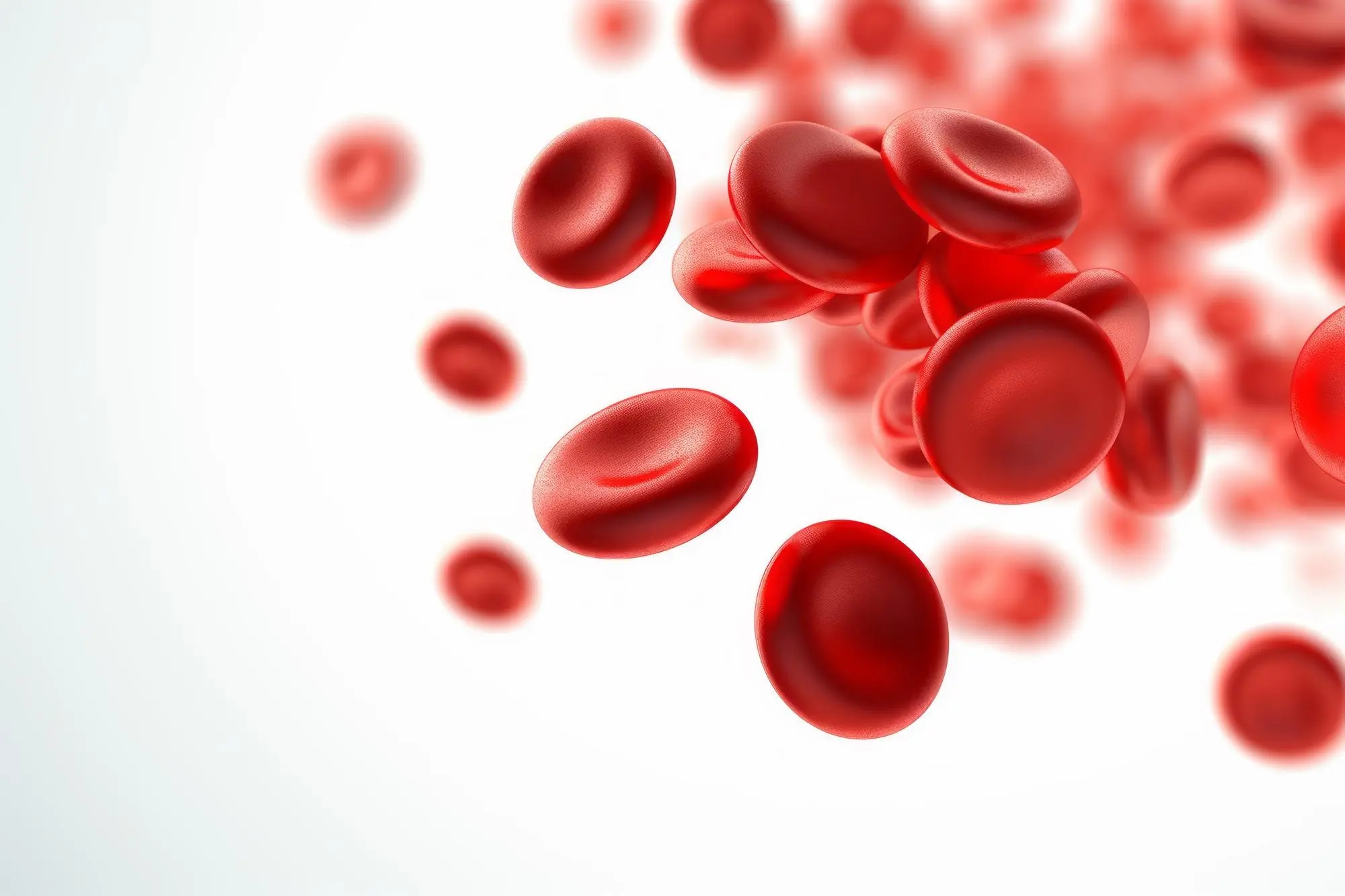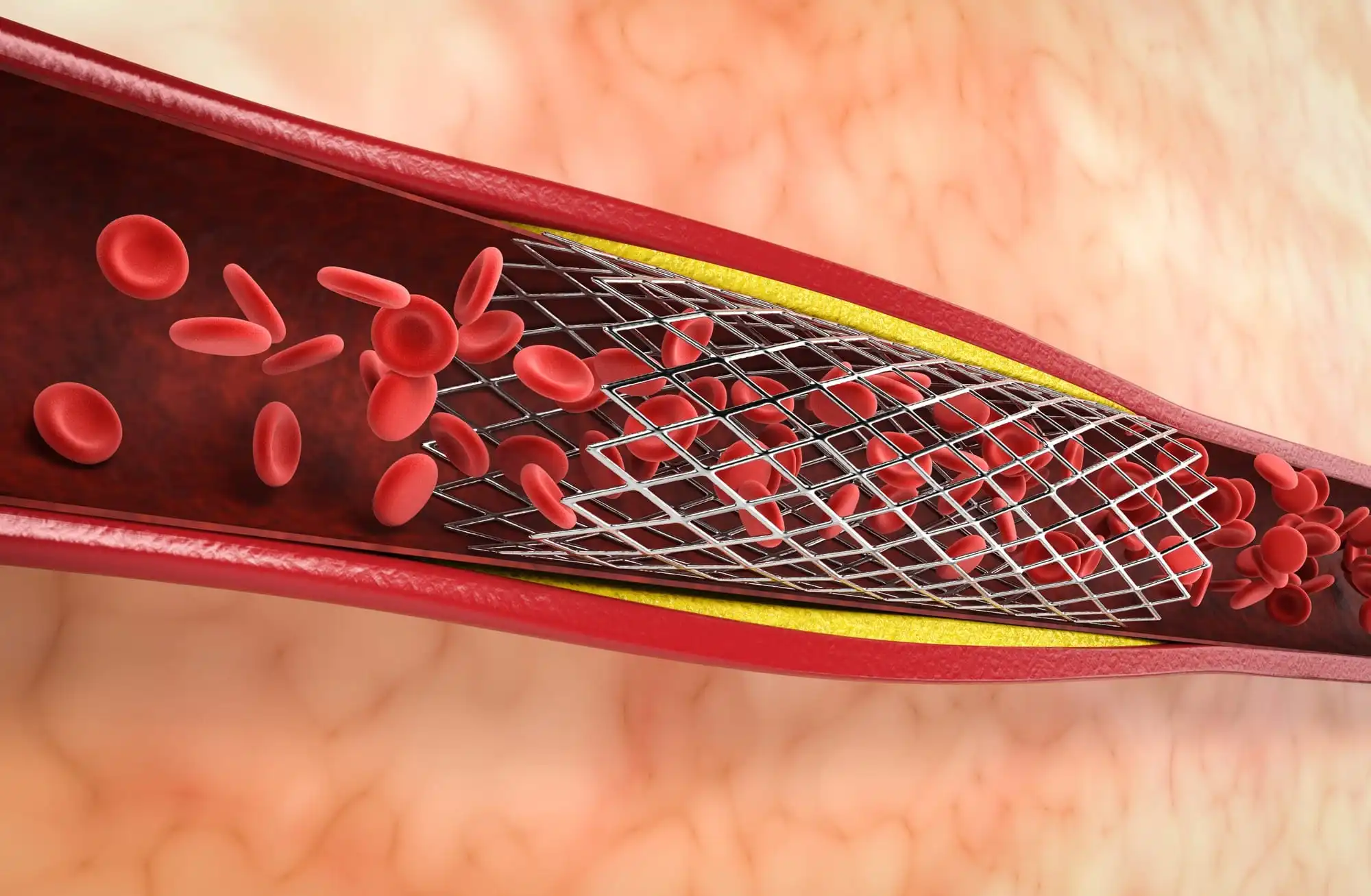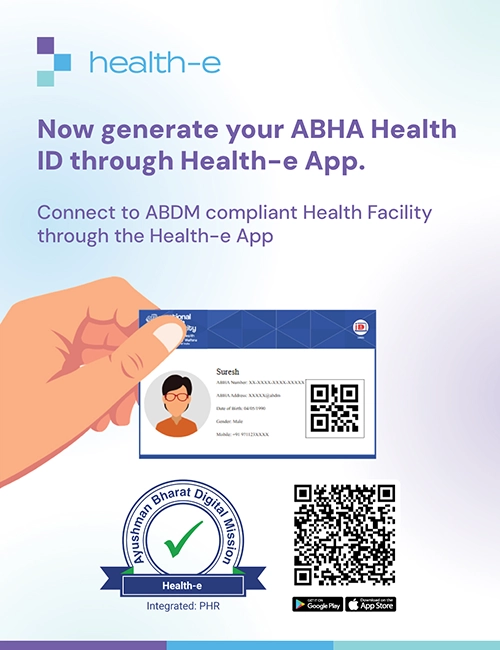Are you planning to start a family and embark on the beautiful journey of pregnancy? Taking care of your health becomes paramount during this special phase in a woman’s life. With so many aspects to consider, such as nutrition, exercise, doctor appointments, health check-ups, and medications, it’s crucial to be well-prepared for the nine months ahead.
How to Prepare for Pregnancy
To assist you in perparing for your pregenecy, we have curated a comprehensive pre-pregnancy checklist. This checklist serves as a valuable resource to help you kickstart your preparation for pregnancy and ensure that you’re ready for this life-changing experience. By following this checklist, you’ll be equipped with the necessary information and guidance to navigate the pre-pregnancy period with confidence and peace of mind. Let’s dive in and begin this exciting journey towards parenthood.
- Schedule a Preconception Checkup It's crucial to schedule a preconception checkup with your healthcare provider. This checkup will assess your overall health and identify any potential issues that may affect your pregnancy. Your healthcare provider will review your medical history, conduct necessary tests, and provide recommendations to optimize your health before conceiving. They can also provide valuable guidance on prenatal vitamins, lifestyle adjustments, and any specific considerations based on your individual circumstances.
- Start Collecting Your Medical Documents Start collecting your medical documents to have a comprehensive record of your health history. This includes previous medical tests, vaccination records, and any relevant information about chronic conditions or medications. Having these documents readily available will facilitate effective communication with your healthcare provider and ensure they have all the necessary information to guide you through your preconception journey.
- Ask Your Partner to Schedule his own Preconception Exam Encourage your partner to schedule his own preconception exam. Their reproductive health is equally important for a successful pregnancy. A preconception exam for your partner will assess their overall health, evaluate fertility factors, and address any potential concerns. It's essential to approach preconception planning as a team to ensure both partners are in optimal health for conception and pregnancy.
- Start Tracking your Menstrual Cycle and Ovulation Signs Start tracking your menstrual cycle and ovulation signs. Understanding your menstrual cycle and identifying the time of ovulation is vital for successful conception. Tracking your cycle can help you determine the most fertile days and increase your chances of getting pregnant. Several methods, such as tracking basal body temperature or using ovulation predictor kits, can assist in identifying your most fertile period.
- Have a Full Health and Wellness Assessment with a Naturopathic Physician Consider having a full Health and Wellness Assessment with a Naturopathic Physician. A naturopathic physician can provide a holistic approach to preconception care. They can evaluate your overall health, address any nutritional deficiencies or imbalances, and provide guidance on natural remedies or lifestyle modifications that can optimize your fertility and prepare your body for a healthy pregnancy.
- Stop Consuming Alcohol It's crucial to stop consuming alcohol when trying to conceive. Alcohol can negatively impact fertility and increase the risk of complications during pregnancy. It's best to eliminate alcohol completely to create a healthy environment for conception and ensure the well-being of your future baby.
- Quit Smoking Quit smoking to improve your chances of conceiving and ensure a healthier pregnancy. Smoking has detrimental effects on fertility and increases the risk of pregnancy complications, including miscarriage and preterm birth. Quitting smoking is one of the most beneficial steps you can take to optimize your reproductive health and create a healthier environment for your future baby.
- Check Caffeine Intake Check your caffeine intake as excessive consumption of caffeine can affect fertility and increase the risk of miscarriage. It's recommended to limit caffeine intake while trying to conceive and during pregnancy. Talk to your healthcare provider to determine a safe and appropriate amount of caffeine to consume.
- Eat Right for One Eat right for one by adopting a balanced and nutritious diet. Focus on consuming a variety of fruits, vegetables, whole grains, lean proteins, and healthy fats. A well-rounded diet will provide essential nutrients for fertility and support a healthy pregnancy. Consider consulting with a nutritionist or dietitian for personalized dietary recommendations based on your specific needs.
- Take Folic Acid Take folic acid supplements before conception. Folic acid plays a crucial role in preventing neural tube defects in the early stages of pregnancy. It's recommended to start taking a folic acid supplement at least one month before trying to conceive. Your healthcare provider can guide you on the appropriate dosage and duration.
- Watch Your Weight Watch your weight and aim for a healthy body weight before getting pregnant. Both underweight and overweight conditions can impact fertility and increase the risk of complications during pregnancy. Strive for a healthy weight range by adopting a balanced diet and incorporating regular physical activity into your routine.
- Genetic Counseling Genetic counselling may be beneficial to assess your risk of inherited genetic disorders and understand the potential implications for your future baby. This counselling involves evaluating your family medical history, conducting relevant tests, and providing personalized information and guidance regarding genetic risks.
- Budget for Baby Budget for a baby by assessing your financial situation and planning accordingly. Having a baby comes with various expenses, including medical costs, prenatal care, baby supplies, and childcare. Take the time to evaluate your financial readiness and make necessary adjustments to ensure a stable and comfortable environment for your growing family.
- Book an Appointment with Your Dentist Book an appointment with your dentist to ensure your oral health is in optimal condition before conceiving. Hormonal changes during pregnancy can affect oral health, and addressing any existing dental issues beforehand can minimize the risk of complications and ensure a healthy smile during pregnancy.
- Detoxify Your Home and Skincare Products Detoxify your home and skincare products to reduce exposure to harmful chemicals. Assess your household cleaning products, personal care items, and cosmetics for potential toxins. Opt for natural and environmentally friendly alternatives to create a safer environment for you and your future baby.
- Stock Up on Sleep Stock up on sleep and prioritize getting sufficient rest. Adequate sleep is essential for overall health and well-being, including reproductive health. Establish healthy sleep habits and create a relaxing sleep environment to support your body's natural processes and increase your chances of conception.
- Check Your Stress Check your stress levels and implement stress management techniques. High levels of stress can affect fertility and hinder conception. Explore stress reduction methods such as meditation, yoga, exercise, or engaging in hobbies to promote emotional well-being and create a more conducive environment for conception.
- Start exercising before getting pregnant Start incorporating regular exercise into your routine before getting pregnant. Physical activity can enhance fertility, promote overall health, and help manage weight. Engage in moderate exercise regularly, but consult with your healthcare provider to determine the most appropriate and safe exercise regimen for your specific situation.
Final Thoughts
Preparing for pregnancy can seem overwhelming, but a pre-pregnancy checklist can help you navigate the process. By prioritizing your health through exercise, nutrition, and regular check-ups with your healthcare provider, you can increase your chances of a healthy pregnancy and baby. Additionally, utilizing PHR apps can empower you to take ownership of your health before pregnancy and keep track of all your health history in one place. Remember, the best time to start preparing for pregnancy is now! So take the necessary steps to ensure a happy and healthy future for you and your family.





